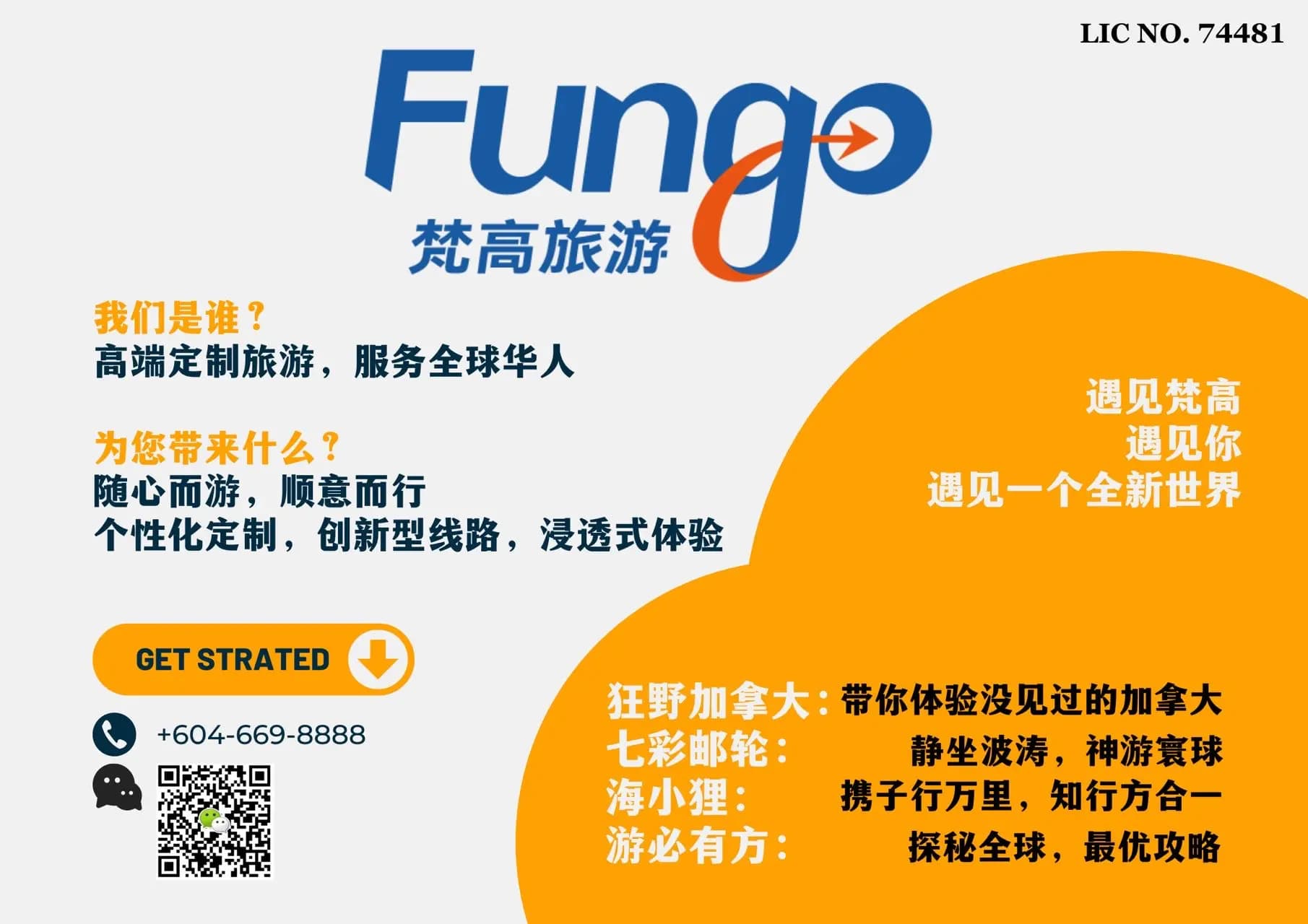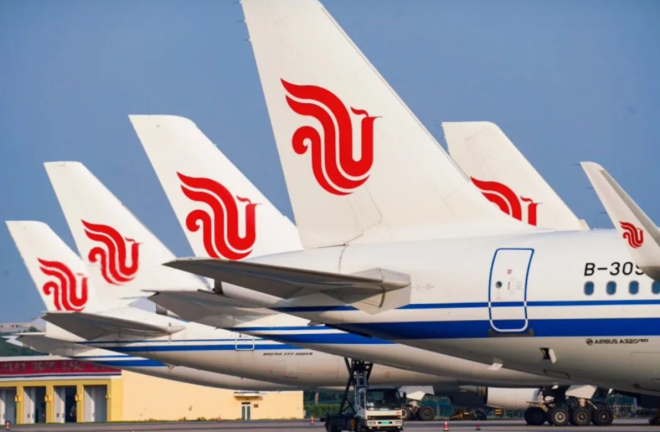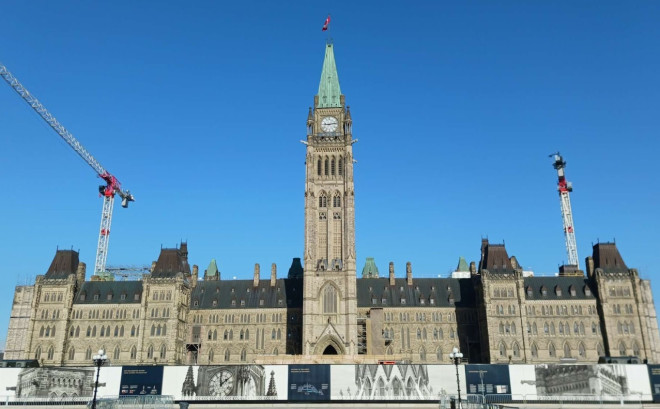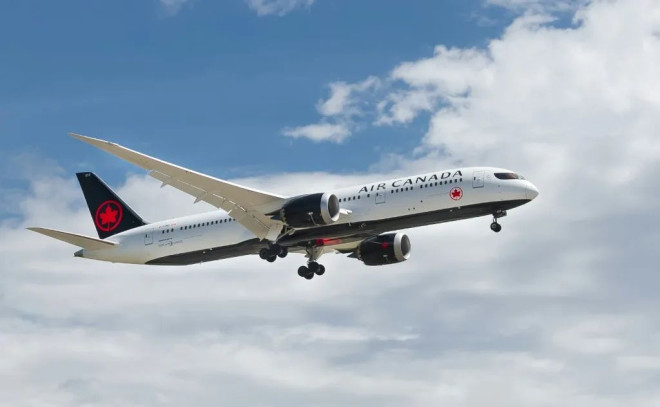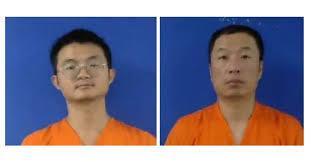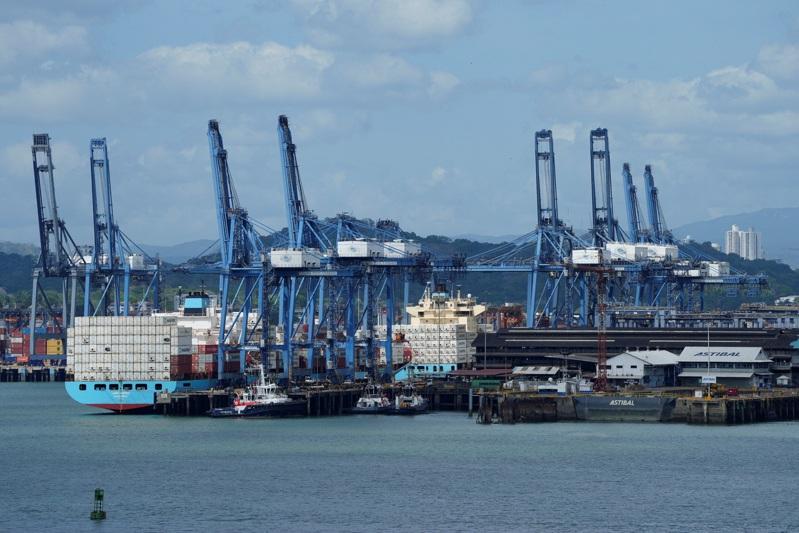Opinion (Chinese-English): Friendshoring in Peril: How Trump’s Reelection Could Push Canada Closer to China
随着加拿大对中国对干涉其民主行动不满之升级,“友岸贸易”(优先与民主盟友开展贸易)一跃成为其经济发展策略的重要组成部分。加拿大财政部长克里斯蒂娅·弗里兰(Chrystia Freeland)响应美国总统拜登(Joe Biden)重塑全球贸易伙伴之召唤,大力倡导这一贸易策略。该战略旨在减少对专制政权的贸易依赖,并同时加强与民主制度一致之国家的伙伴关系。然而,唐纳德·川普(Donald Trump)的再次当选以及他对加拿大进口产品征收高额关税的威胁,彻底动摇了”友岸贸易”之根基,迫使加拿大企业重组贸易伙伴。具有讽刺意味的是,对许多企业而言,这些选择很大程度上包括重新转向中国。

As Canada grapples with growing concerns over China’s alleged interference in its democracy, friendshoring—advocating for stronger trade ties with democratic allies—has emerged as an important component of its economic strategy. Finance Minister Chrystia Freeland has championed this approach, aligning with the U.S. President Joe Biden’s vision of reshaping global trade. The strategy sought to reduce reliance on authoritarian regimes, with Canada enhancing partnerships with like-minded nations. However, Donald Trump’s reelection and his promise of steep tariffs on Canadian imports threaten to derail this vision, forcing Canadian companies to reconsider their options. Ironically, for many, this includes turning back to China.
对美国市场的高度依赖的加拿大制造商对川普的保护主义威胁更尤为担忧。位于安大略省阿克顿的手套制造商Superior Glove Works便是其中之一。该公司不久前曾在北卡罗来纳州投资设立了一家工厂,以减少关税带来的风险。然而,公司负责人托尼·耿(Tony Geng)表示,川普的政策的讽刺性在于,如果飙升关税导致加拿大工厂失去竞争力,制造商就会向中国转移,起码中国的低廉的劳动力和原材料成本能使制造商承担起更高的费用支出。耿对关税不满之心溢于言表,认为这种转移趋势将削弱美国工业对加拿大原材料(如棉花和聚酯纤维)的需求。他强调称,川普的贸易策略会带来不可避免的后果,”这些手套产品将不得不在中国制造”。
Canadian manufacturers, heavily dependent on the U.S. market, are particularly vulnerable to Trump’s protectionist threats. Superior Glove Works, a glove manufacturer based in Acton, Ontario, is one such company. While it recently invested in a U.S. facility in North Carolina to reduce exposure to tariffs, owner Tony Geng admitted the irony of Trump’s policies. If tariffs make Canadian manufacturing uncompetitive, production could shift to China, where low labor and material costs allow manufacturers to absorb added expenses. Geng expressed frustration, noting that such a shift would undermine U.S. industries reliant on Canadian raw materials like cotton and polyester. “The gloves would be made in China instead,” he said, underscoring the unintended consequences of Trump’s trade agenda.
多伦多的汽车零部件供应商Ultra-Form Manufacturing也表示具有类似的担忧。与北美汽车行业链深深融入一体的该公司的产品在生产过程中需要多次跨越美加边境。公司负责人卡西·瓦苏德瓦(Kacee Vasudeva)担心,如果关税导致产品失去竞争力,公司可能彻底失去美国客户。多年来,像Ultra-Form这样的制造商,其产品一直依赖根据《美墨加协议》(USMCA)中免关税条款而自由进入美国国境。然而,随着川普重拾贸易保护主义,像Ultra-Form这类供应商则不得不转向亚洲国家寻求出路,从而彻底改变北美供应链的格局。
Similar concerns were echoed by Ultra-Form Manufacturing, a Toronto-based auto parts supplier. Its products, deeply integrated into the North American auto industry, cross borders multiple times during production. Owner Kacee Vasudeva fears losing U.S. clients altogether if tariffs render his goods uncompetitive. While manufacturers like Ultra-Form have long relied on the tariff-free flow of goods under trade agreements like the USMCA, Trump’s return to protectionism is forcing businesses to explore more cost-effective options in Asia.
AceTronic Industrial Controls 是另一家受关税影响的加拿大公司。这家由金·蒂亚拉(Kim Thiara)经营的位于密西沙加的机械设备公司,其主要客户为美国制造商。在疫情期间,公司遵循”友岸贸易”宗旨,在疫情期间将部分生产线从亚洲撤回。然而,蒂亚拉坦言,随着生产成本不断上升,保持竞争力变得愈发困难。“川普毕竟是个商人,”对通过谈判达成的解决方案持谨慎乐观的态度的她称,但同时也不否认其行业所面临的巨大压力。
AceTronic Industrial Controls provides another example of the strain facing Canadian businesses. Owner Kim Thiara, whose Mississauga-based company supplies machinery to U.S. manufacturers, initially embraced friendshoring by prioritizing local partnerships and bringing back some production from Asia during the pandemic. However, she acknowledged the growing challenges of staying competitive amid rising costs. “Trump is a businessman at the end of the day,” she said, cautiously optimistic about a negotiated outcome but pragmatic about the pressures her industry faces.
面对不断上升的成本和大幅关税的威胁,加拿大企业别无选择,只能借助中国强大的制造能力。尽管加拿大与中国之间的地缘政治的紧张关系加剧,但两国之间的贸易额仍在持续增长。负责运送加拿大与中国近80%贸易额的温哥华港,正是这一现实的高度体现。随着川普再次当选总统,加拿大商品进入美国要面临25%关税增加的威胁,温哥华港口在促进加拿大与中国及其他亚洲市场贸易中的作用会变得更加举足轻重。
Canadian businesses, caught between rising costs and restrictive tariffs, are left with few choices but to lean on China’s vast manufacturing capabilities. Despite growing tensions between Canada and China, the value of trade between the two countries has continued to grow. The Port of Vancouver, which handles nearly 80% of Canada-China trade by value, reflects this reality. With the reelection of Trump and the looming threat of a 25% tariff increase on Canadian goods entering the U.S., the port’s role in facilitating trade with China and other Asian markets will likely become even more essential.
在全球贸易重塑带来的经济压力面前,“友岸贸易”(Friendshoring)这一策略显得愈发不切实际。对于加拿大企业而言,意识形态的口号在严峻的经济现实面前难以立足,凸显出将地缘政治的宏伟目标与商业生存的残酷现实相结合所面临的巨大挑战。随着制造商重新评估其合作伙伴和贸易策略,尽管加拿大政府试图摆脱对专制政权的依赖,川普的连任却讽刺性地进一步加强了加拿大与中国的贸易联系。
Friendshoring appears increasingly impractical, struggling to withstand the economic pressures reshaping global trade. For Canadian businesses, economic pragmatism is taking precedence over ideological commitments, underscoring the challenges of aligning geopolitical ideals with the realities of business survival. As manufacturers reassess their strategies, Trump’s reelection may ironically strengthen Canada’s economic ties to China, even as the government seeks to pivot away from authoritarian regimes.
